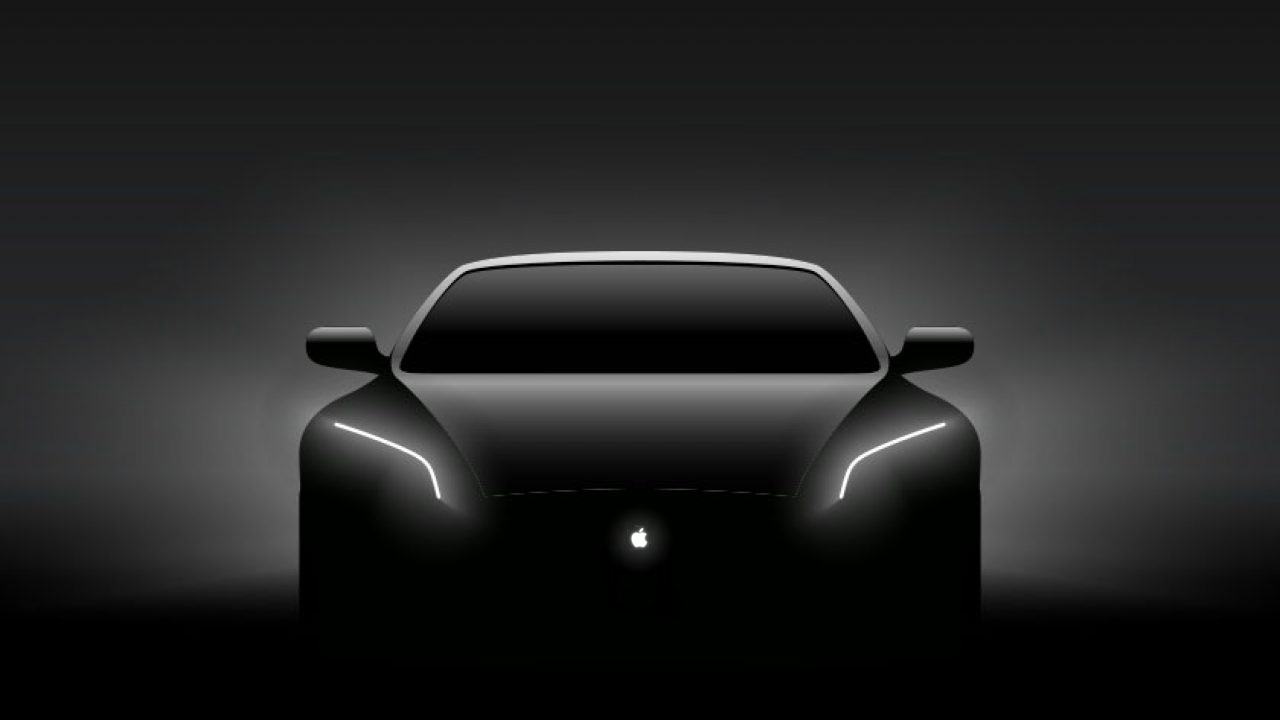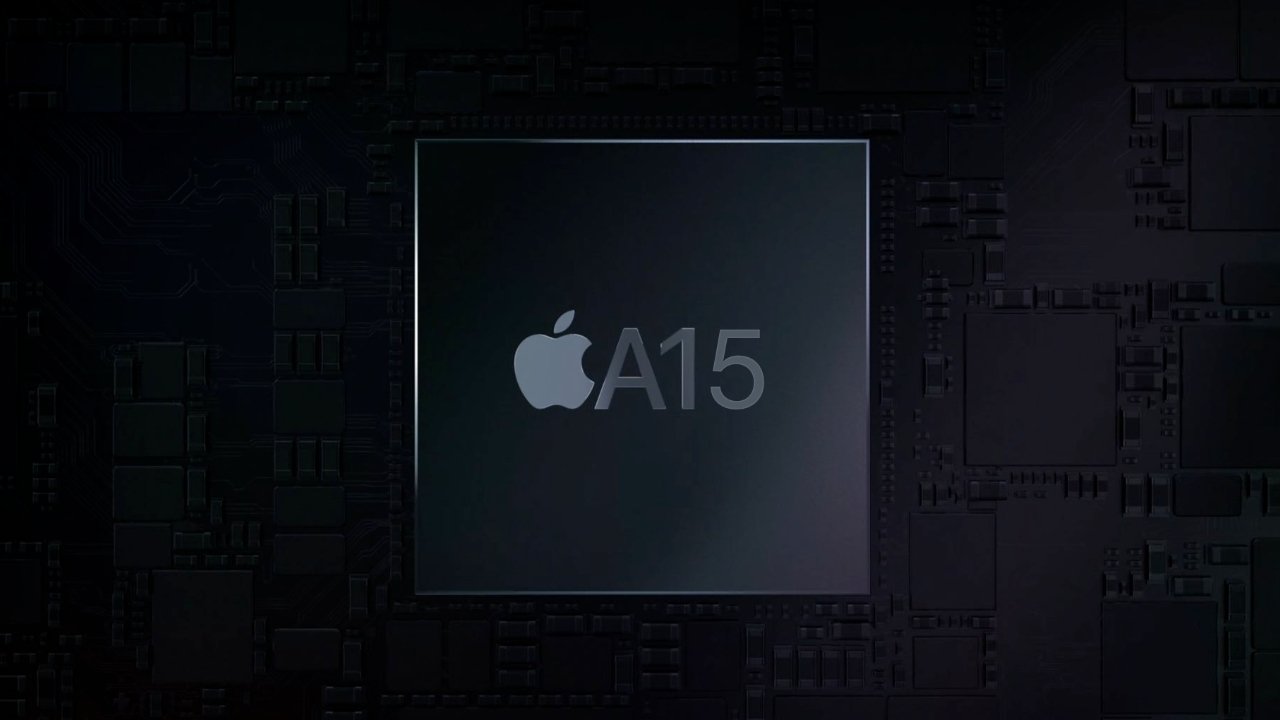Ars Technica reports Siri “unintentionally” recorded private conversations.
Tag: Apple
-
WWDC 6502 – World Wide Development of Commodore
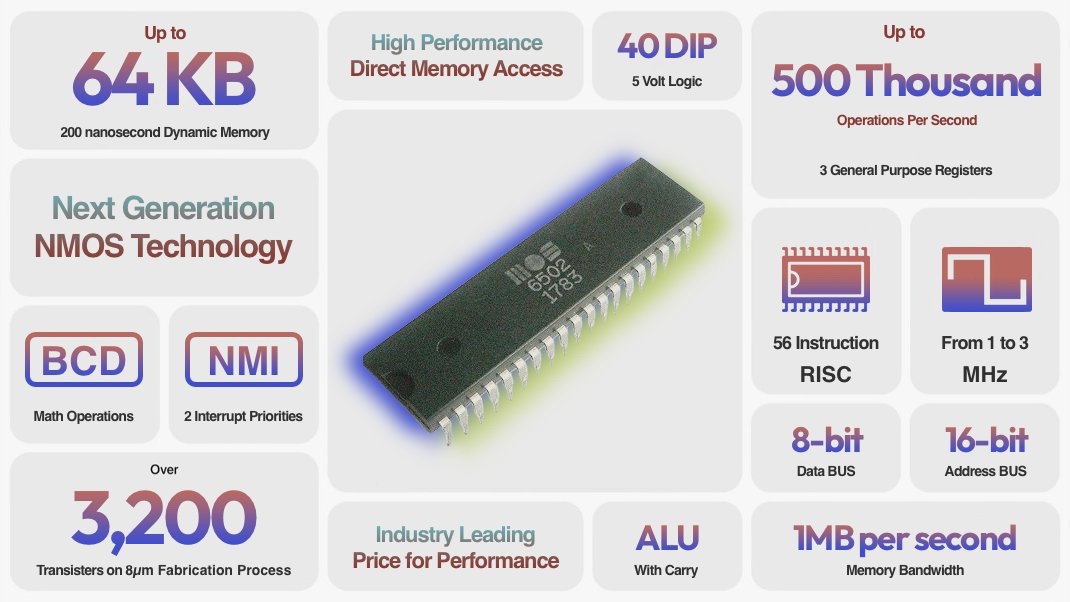
Industry Breakthrough The C64 was the most popular home computer of all time. Imagine the success it could possibly have had with Apple‘s marketing department. @gregnacu on twitter had a vision.
-
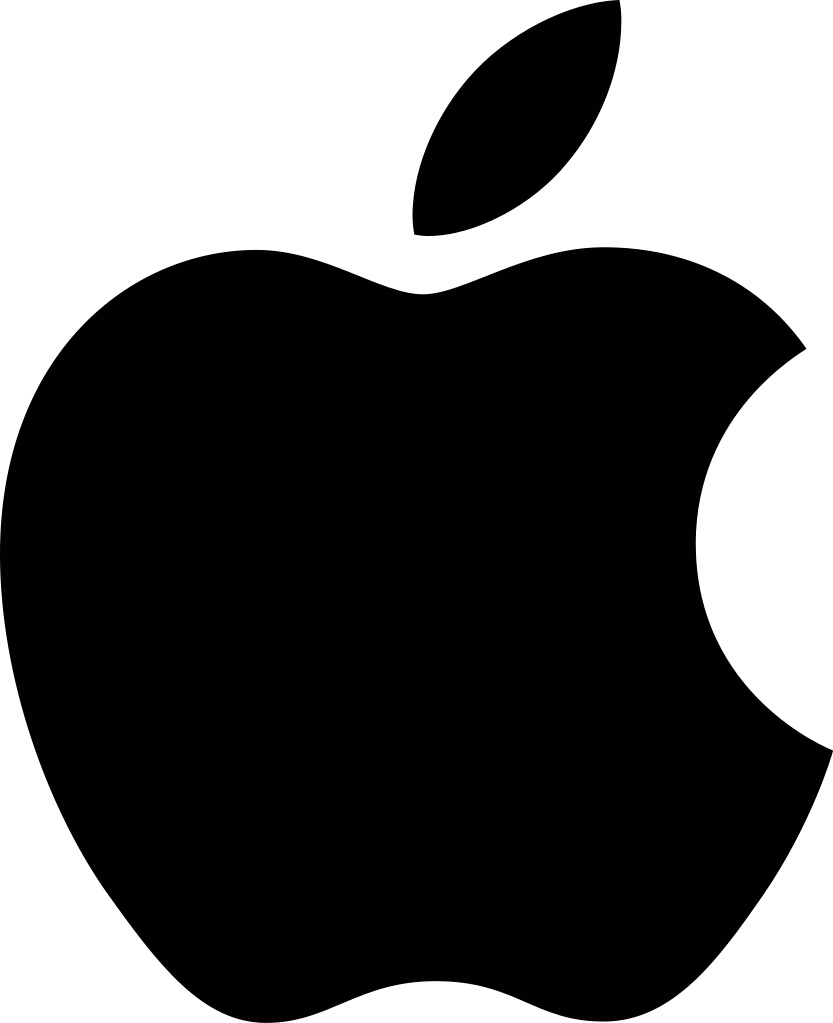
#WWDC 06.Jun 2022
On Monday Apple opened this years World Wide Developer Conference, WWDC for short.

Apple Logo The entire keynote felt encroaching to me, but I failed to grab the feeling while the show was on. Only after I got through notes it became clear to me how many business areas Apple is attacking on their own territory.
“Buy Now Pay Later” is entering the increasingly prominent fintech market that make companies like Klarna big: Apple introduces Apple Pay Later, that will allow consumers to split payments into 4 installments over the course of 6 weeks. The consumer payment feature comes at not investment into UI or development, it will work out of the box.
Collaboration has been a huge topic throughout the keynote. Apple Freeform was announced, just like improved capabilities for collaboration in Keynote, Pages and Numbers, all integrated through iMessages. While the eyecatching moment with Freeform obviously created associations with popular tools like Miro and Mural. Digital whiteboard software integrated with all other Apple services, on the device, has huge potential to grab some already distributed marked. An underlying strategy for all these announcements may very well be the much larger enterprise market, that traditionally is dominated by Microsoft, that even Google has a hard time to get a hold of.
Apple Passkeys, apparently keychain thought through, will allow users to get rid of passwords and end passwords for authentication. Signing in to websites will be as easy as using Touch- or FaceID, not requiring a password. A promisse that products like LastPass or 1Password gave for the past years.
Probably the biggest announcement was CarPlay. Throughout the Keynote it didn’t get the attention that it probably should have got. CarPlay has huge potential to marginalize large industries. After its first of the concept announcement in 2014 it quickly became clear even premium cars had potential to become minor partners in the relationship. A trend that car manufacturers are trying to mitigate and create software organizations ever since. With no breakthrough success so far. Only recently Germany’s Volkswagen daughter Cariad has been in the news for failing to deliver a solid product and executing on their goals. What Apple presents through out their WWDC keynote is only a concept at the time. Still, there no little doubt on Apple’s ability to execute on this concept and with that creating an even bigger competitive advantage. All of this without mentioning that rumors for an Apple car persist.
Apple is executing on a strategy to controlling digital life end to end, and it’s taking no prisoners along its path.
Customer Experience will continue to drive Apples success.
-
Apple may have to work alone on its electric car after failing to find a partner
The Apple-Car has been a rumor for years. And mobility is one of the hottest bets for the future. Car manufacturers, in particular premium brands, are in a good position to defend their pool position. The techradar.com news therefore does not sound surprising. At all.
Some Apple gossip is pure fantasy, but some of the hearsay has roots in the real world. The Apple car falls into the latter category, and if a new report from Korean site mk.co.kr is accurate, the company now plans to shoulder the entire development process of the autonomous and/or electric car on its own.
Source: techradar.com
-
iPhone 13 A15
With the anticipated release of iPhone 13 coming closer, rumours increase. Leaker @FrontTron on Twitter has some numbers, that AppleInsider is kind enough to put into perspective.
It’s impressive how apple dominates the mobile CPU space. With last years release of “Apple Silicon” in form of the M1 chip for notebook like computing (and the iPad), the near strategy ain’t too obvious. Notebookcheck.coms interpretation is the next gen M2 will base on the A15 design, but vary in contained cores.
A benchmark on what is said to be the GPU in Apple’s A15 chip, destined for the ” iPhone 13 ,” is 13.7% faster than the A14, maintaining Apple’s lead in mobile performance. A Manhattan 3.1 GPU benchmark test reportedly shows Apple’s A15 chip hitting 198 FPS during the first round of testing.
From the article. -
Privacy on the Net

Screenshot from the ad As advertised by Apple. The company introduced a feature called “App tracking transparency”, that defaults to “do not allow tracking” as of version 14.5, that was released earlier this year. The feature allows device-owners to control which apps can track user behaviour across multiple websites.
Apple App Tracking Transparency Ad Reality is more complex, as always, but it’s still a great ad.
-
DuckDuckGo calls out Google for spying on users.
When Apple introduced labels in their app store to indicate which data an app would link to user information it created transparency for many. Only Google seemed to stop on moving forward and did not publish new versions of its apps. Until recently. Now that they are updated, DuckDuckGo, a search engine advocating privacy in the digital age, calls out the abundant use of personal data.
-
Apple to invest over 1 billion euros in Germany with new Munich campus
Apple is going to strengthen their chip design R&D with a major investment in their campus in Munich, Germany. The announcement is huge news for the chip design but also software engineering space, and technology sector in general, but in particular for Munich and Bavaria as a high-tech location.
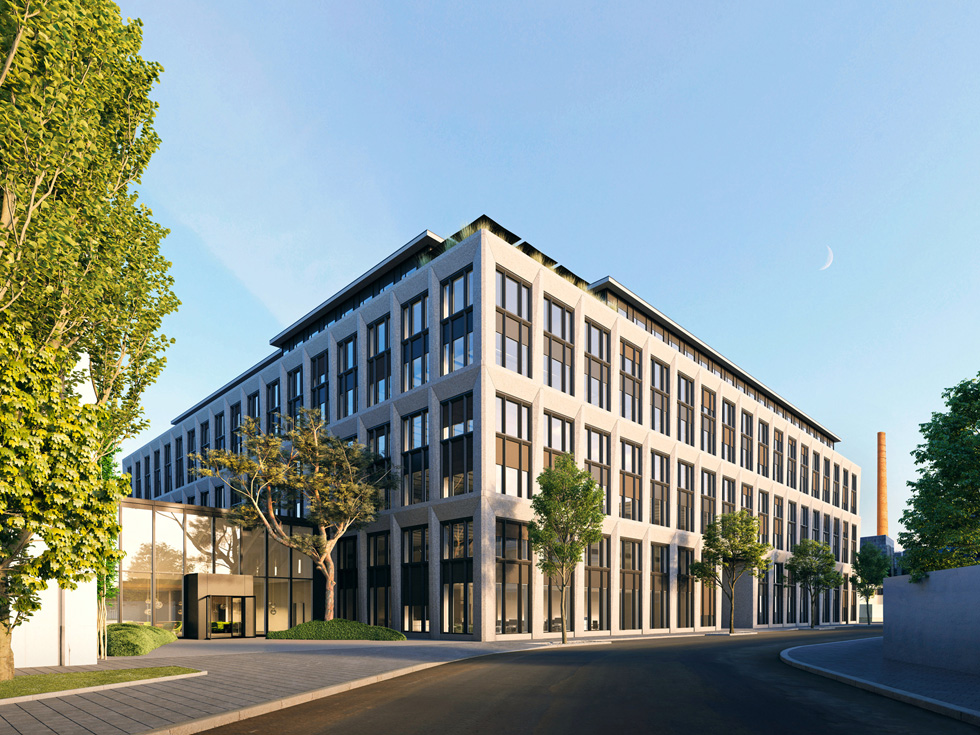
The new state-of-the-art facility in Munich will be home to Apple’s growing cellular unit, and Europe’s largest R&D site for mobile wireless semiconductors and software. Building on its deep roots in the region, Apple’s new center in Munich will focus on 5G and future wireless technologies.
From the Press ReleaseSource: Apple to invest over 1 billion euros in Germany with new Munich campus – Apple (UK)
%2Fcdn.vox-cdn.com%2Fuploads%2Fchorus_asset%2Ffile%2F24076196%2F1424300191.jpg&w=2400&q=75)

